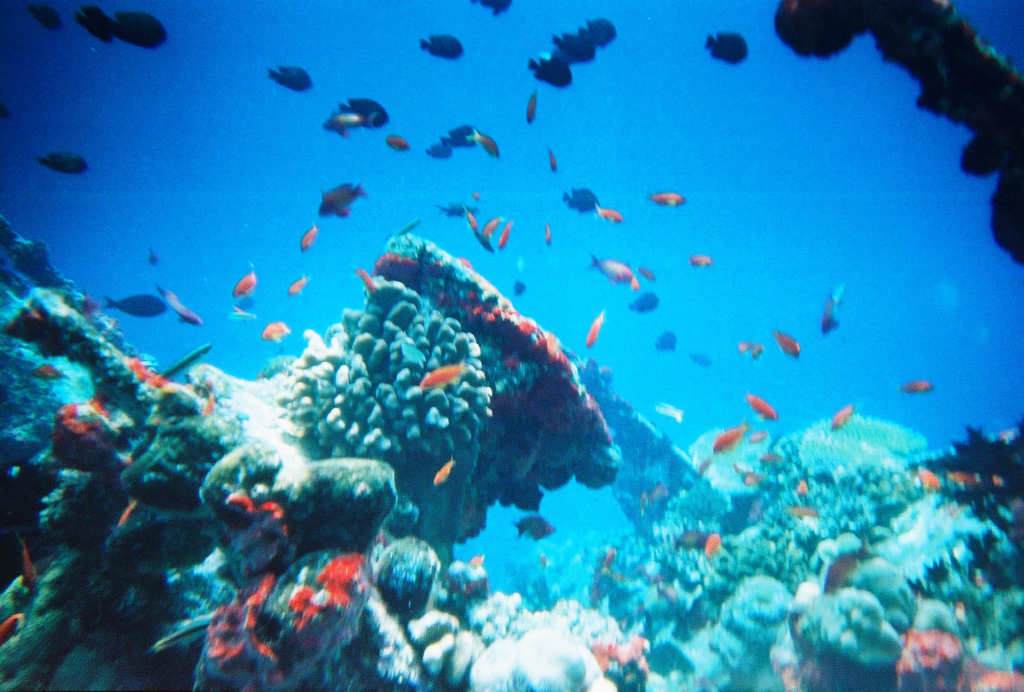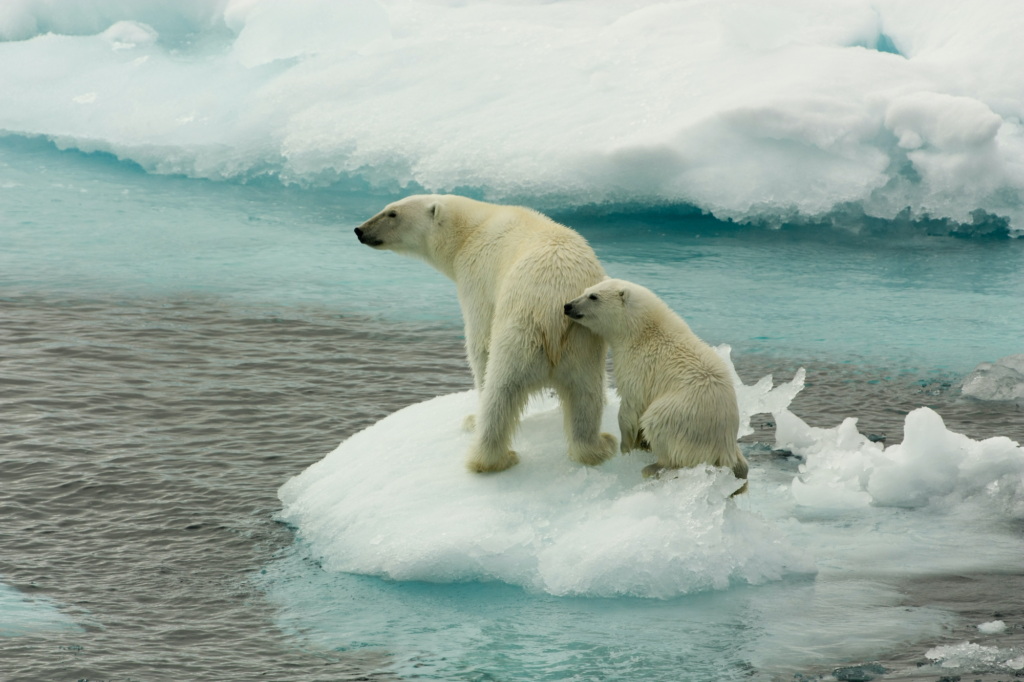The Atlantic Ocean is one of the most remarkable natural wonders of our planet, serving as a vital source of life for both humanity and the countless species that depend on its vast waters. Covering approximately 106 million square kilometers, the Atlantic Ocean is the second-largest ocean in the world. It stretches from the cold Arctic waters in the north to the icy Southern Ocean in the south. With an average depth of about 3,646 meters, its deepest point, the Puerto Rico Trench, plunges to approximately 8,376 meters.
The Atlantic Ocean’s Ecosystem

The Atlantic Ocean hosts a wide variety of marine life and ecosystems. In its depths, fascinating creatures such as great white sharks, giant jellyfish swarms, and rare sea turtles thrive. Beneath the surface, coral reefs provide shelter for fish, crustaceans, and other marine life. These reefs play a critical role in preserving marine biodiversity.
However, the Atlantic Ocean’s ecosystem is not limited to marine animals alone. The ocean is also filled with microscopic organisms known as plankton. Plankton forms the base of the food chain as primary producers in the ocean ecosystem and plays a significant role in the global carbon cycle. These tiny organisms absorb carbon dioxide from the atmosphere and produce oxygen, further highlighting the oceans’ vital importance to life on Earth.
Impact on Climate

The Atlantic Ocean is a crucial factor in regulating the global climate. Ocean currents play a key role in moderating temperatures and shaping climate patterns worldwide. For example, the powerful ocean current known as the Gulf Stream brings mild weather to the eastern coast of North America and Western Europe. This current transports warm water from the tropics while sending cold water back into the deep ocean.
The Atlantic Ocean is also a key factor in the formation of tropical hurricanes and storms. The warming of ocean surface waters fuels these powerful weather events. As such, water temperatures in the Atlantic Ocean may serve as a critical indicator for understanding the impacts of global warming and future climate changes.
Pollution and Sustainability

Unfortunately, like other oceans around the world, the Atlantic Ocean is also affected by pollution. Plastic waste, oil spills, and chemical pollution disrupt this massive ecosystem’s balance and threaten marine life. Plastic waste, in particular, is often mistaken for food by marine animals, putting their health at serious risk.
However, there is much that can be done to protect the Atlantic Ocean. Combating ocean pollution starts with small changes we can make individually. Avoiding single-use plastics, promoting recycling, and consuming sustainable seafood can all contribute to ocean conservation. Additionally, governments and international communities need to take more steps to support efforts to protect the seas and prevent plastic pollution.
The Future of the Atlantic Ocean

The future of the Atlantic Ocean largely depends on our actions today. Protecting this vast body of water is crucial not only for marine life but also for human communities around the world. The health of the oceans has a direct impact on the fishing industry, tourism, and even the global climate.
Climate change is raising sea levels and temperatures in the Atlantic Ocean, threatening human communities and natural habitats in coastal regions. Rising sea levels accelerate coastal erosion, cause saltwater to infiltrate drinking water sources, and even pose the risk of submerging some island nations entirely. Therefore, combating climate change and increasing sustainability efforts are critical to protecting the Atlantic Ocean.
What Can We Do for the Atlantic Ocean?

We all have a role to play in the conservation and sustainable use of the Atlantic Ocean. Protecting the oceans is vital for both the global ecosystem and future generations. By making small changes in our lifestyles, we can help move the oceans toward a healthier and more sustainable future.
One of the most important things we can do is support individual and collective efforts to reduce ocean pollution. Additionally, understanding the critical role of oceans in the climate and adopting a more sustainable lifestyle are crucial steps toward preserving the health of the Atlantic Ocean in the future.
Protecting the Atlantic Ocean and respecting its unique ecosystem will allow us to pass on this valuable treasure of nature to future generations. Let’s remember that life with water is not only a reality in the depths of the ocean but also a truth that exists in our daily lives.
Let’s protect the oceans for a more sustainable world.


